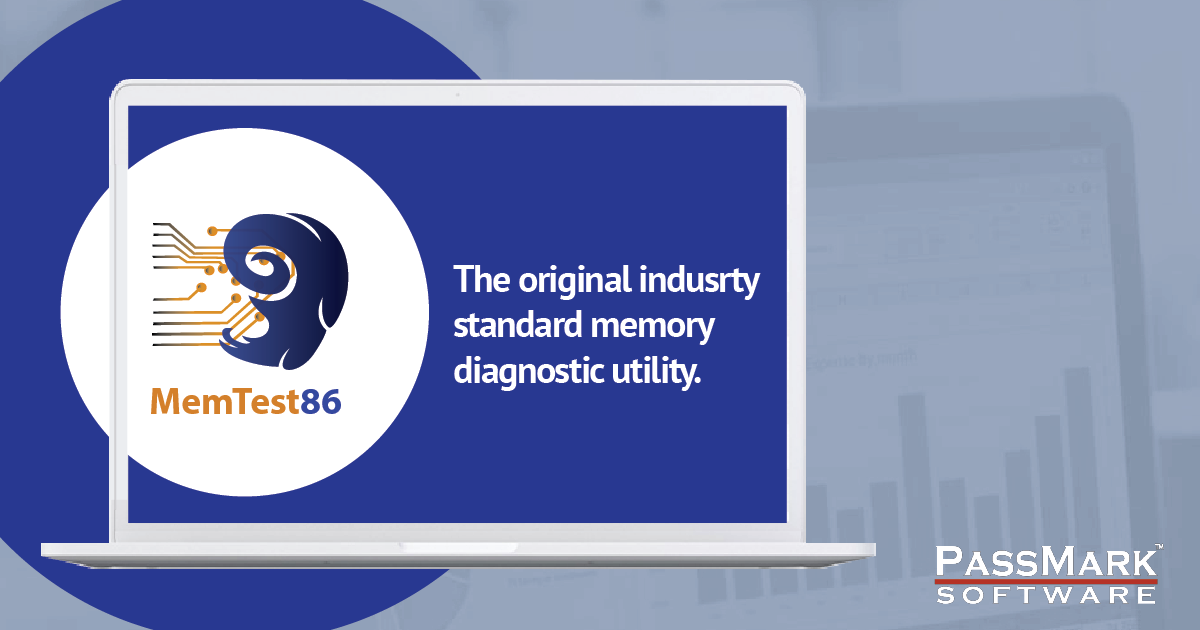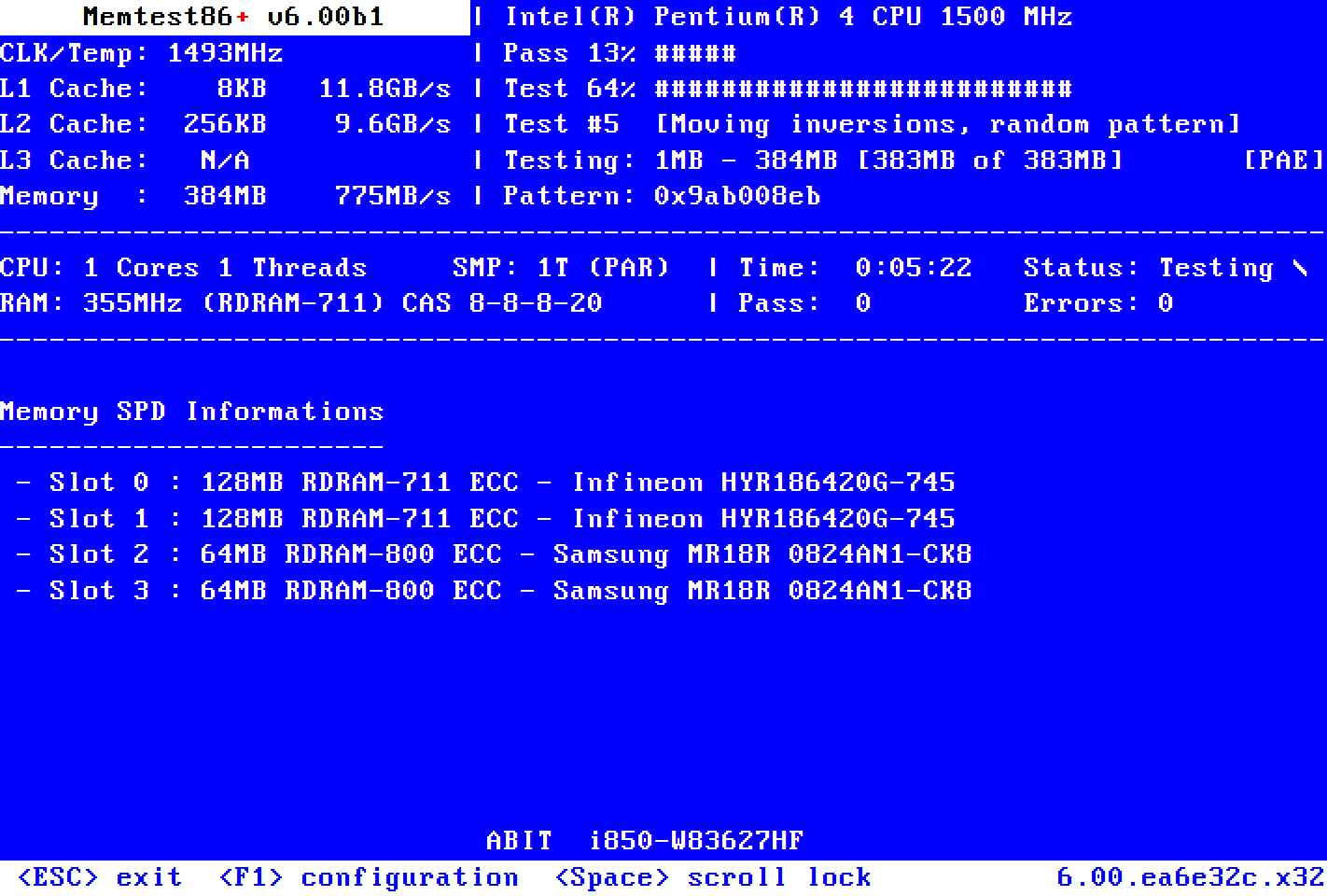I am doing research running Python programs iterating over large datasets that are causing memory errors and take hour to run ( when they do complete). My machine is an older A10-9600P Radeon R5 with 12 G RAM. I do not do gaming So :
- Can I use USB thumb drive as RAM to increase the RAM size ?
- What would be a lower end, middle, and high end machine that would be suited for number crunching- Processor and RAM size - if I were to buy a new one ?
- I there a service that would host a Python instance where I can run my analysis ?



